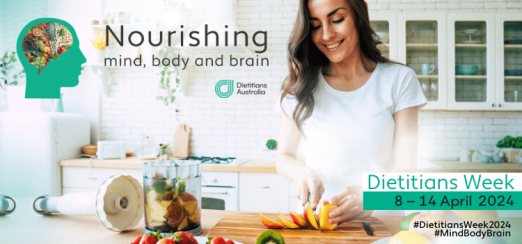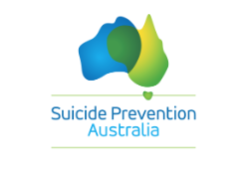CEO Update: Rethinking psychosocial supports so people can thrive
Yesterday I joined CEOs and executive leaders, support coordinators and workers, policy makers, advocates and academics at the 2024 NDIS Conference to deliver a keynote speech on the transformation of the provision of psychosocial supports through the NDIS and Foundational Supports outside the NDIS.
At the core of mental health support – and psychosocial services – is a recovery-oriented approach.
A focus on personal recovery prioritises each person’s right to be in control of, and make decisions about their own life, regardless of any ongoing impacts of mental ill-health.
These principles of personal recovery are well-aligned with a social model of disability, and the original vision of the NDIS to promote personal choice and control.
However, the structure and processes of the NDIA do not naturally enable recovery-oriented support. This is due to the Scheme’s focus on permanency of disability rather than reflecting episodic and changing needs, and the potential for personal recovery, which is best practice for psychosocial supports.
Mental Health Australia and the National Mental Health Consumer and Carer Forum worked together to develop Advice to governments on evidence-informed and good practice psychosocial services, to inform policy decisions on the design and commissioning of psychosocial supports outside the NDIS. The advice also applies just as readily to NDIS funded psychosocial supports. The advice outlines psychosocial services that have been shown to achieve positive outcomes and are valued by people with lived experience of mental ill-health, family, carers and supporters.
For example, it highlights that people accessing psychosocial programs have reported an increased ability to manage their own lives, they have greater hope for the future, more resilience, and a sense of personal recovery.
Specific psychosocial programs have been found to support people to achieve higher education and employment goals, maintain housing, improve their physical health, and reduce the risk of hospitalisation, homelessness, domestic violence and drug misuse. There are also demonstrated benefits for the health and wellbeing of family and supporters of people accessing psychosocial services.
In this way psychosocial services benefit not only the person, but the whole system, with reductions in things like costly hospital admissions.
Despite these benefits, and as the Productivity Commission confirmed in 2020, we are still falling short in providing the level of psychosocial supports required to meet the level of need. Australian Governments are shortly due to complete the national analysis of unmet need of psychosocial support outside the NDIS. Mental Health Australia eagerly anticipates both the public release of, and Australian Governments’ response to, this analysis. In line with the Productivity Commission’s recommendations, this response should “increase the quantum of funding allocated to psychosocial supports to meet the estimated shortfall” - and finally make sure the NDIS is not the only “lifeboat in the ocean” for people needing significant psychosocial support.
We must seize the opportunities presented to us, both in responding to the unmet needs analysis, and in the NDIS Review, and move forward together with a sense of radical pragmatism.
Now is the time to hit the ground running with solutions that are designed by people closest to the problems – those with lived and living experience, and service providers with psychosocial expertise who will be at the forefront of putting solutions into practice – so that all people with disability thrive.
Carolyn Nikoloski
CEO, Mental Health Australia | 















